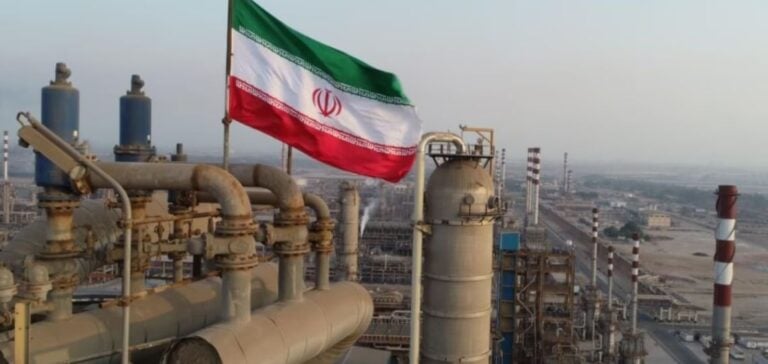The marked increase in Iranian oil exports is putting pressure on the demand for conventional tankers, according to Frontline, a company specializing in oil maritime transport, as reported on November 27. Iranian exports rose from 400,000 barrels per day (b/d) in 2019 to 1.56 million b/d in October 2024, based on maritime tracking data provided by S&P Global Commodities at Sea. This trend is largely driven by sanctioned shipments sold at discounted prices, mainly to China.
Frontline noted that this unexpected growth, coupled with slowing Chinese demand, further reduces transportation demand in the compliant market, weakening the overall balance of global oil trade. The National Iranian Oil Co. (NIOC) plans to increase oil production by 250,000 b/d by March 2025, with an additional 60,000 b/d already achieved since August.
Complex Market Dynamics
The slowdown in Chinese demand, attributed more to weakened economic activity than to the rise of electric vehicles, adds to the challenges for traditional tankers. Additionally, tankers involved in sanctioned trades, often referred to as the “shadow fleet,” are transporting a growing share of Iranian oil. This trend directly impacts the earnings of compliant maritime transport operators.
In the third quarter, daily revenues for Very Large Crude Carriers (VLCC) fell by 6% year-on-year to $39,600, while Suezmax revenues dropped by 13% to $39,900 per day. Performance indices established by Platts, a division of S&P Global Commodity Insights, also indicate a decline in daily rates for these ship categories.
Overcapacity Forecasts and Aging Fleets
The outlook for maritime operators remains grim. The International Energy Agency predicts a possible shutdown of 1 to 1.5 million b/d of refining capacity in Europe by 2030, exacerbated by anticipated overcapacity in refined product transportation.
Additionally, a large number of new tankers are expected to be delivered between 2026 and 2027. Currently, global orders include 67 VLCCs, 95 Suezmax, and 167 Long Range 2 tankers, representing 17% of the existing global fleet. These additions are likely to intensify competition and maintain pressure on freight rates.
Meanwhile, fleet aging continues. According to Frontline, 16.5% of VLCC, Suezmax, and Aframax/LR2 tankers are over 20 years old, an age often incompatible with the requirements of compliant operators. However, non-compliant and sanctioned fleets, representing 6% of these categories, remain highly active, supported by operators willing to bypass international regulations.
Uncertainty Heading into Winter
Market pessimism deepens as winter approaches. Weaker-than-expected oil demand forecasts and OPEC+ delaying the relaxation of voluntary production cuts further exacerbate the situation for conventional shippers. Hopes of increased Middle Eastern exports boosting maritime demand are fading.
Faced with these challenges, traditional operators must navigate an environment marked by growing competition and structural changes in global oil trade.





















